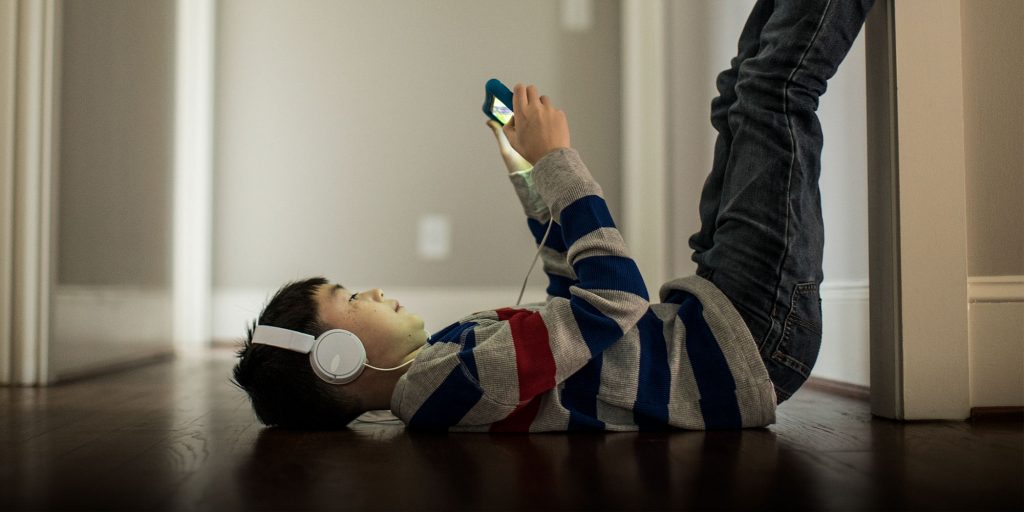What parents and the state see as a threat to the next generation, kids see as a rare chance for validation and success outside of school.

This summer, the Chinese government unveiled a series of new policies related to the education and healthy development of minors. Policymakers shuttered for-profit tutoring programs, called for new, more relaxed afterschool activities to solve the longstanding “3:30 p.m. dilemma,” and implemented strict new rules that limit minors to just three hours of online gaming a week.
The recent policies represent a new step in the state’s longstanding campaign to help parents manage their children’s academic responsibilities and fight perceived problems like internet addiction. The scourge of youth misbehavior related to excessive internet use has long been a key concern in Chinese policy circles. As far back as the early 2000s, Chinese media highlighted stories of families coming to blows over children’s too-frequent trips to internet cafes. In 2002, after a 13-year-old set fire to one such cafe in Beijing, the government introduced rules banning minors from entering their premises, while a 2006 revision to China’s Law on the Protection of Minors added “infatuation with the internet” to the list of negative behaviors for underage children, alongside gambling and alcohol.
But these policies have seemingly had little lasting impact. After the latest restrictions were announced, a mother told me that while kids can no longer play domestic games online whenever they want, they can still download international games or watch gaming streams. This fits the pattern in which earlier rounds of restrictive policies often only resulted in new problem areas in need of further regulation.
This gap between policy language and real-world effect has pushed parents to find their own solutions, fueling the rise of a private industry in internet addiction treatment programs. Since the first of these institutions was founded in Beijing in 2005, the sector has been dogged by controversy: As early as 2006, reports that one camp was treating addiction with electroshock therapy provoked public outcry; some camps continue to rely on such methods even today. Yet the demand for such services — and the harsh, often military-like discipline they promise to instill in wayward minors — remains sizeable, especially among middle-class parents desperate to turn their kids into good students. Continue to read the full article here
– This article originally appeared on Sixth Tone.





